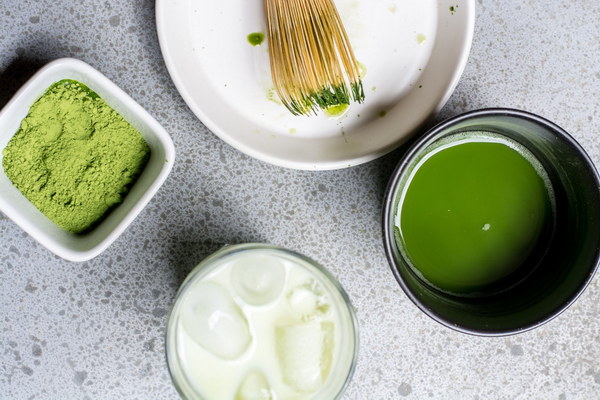Nurturing Your Childs Lungs PostCough Tips for LungSoothing and MoistureRich Care
Introduction:
Coughing is a common symptom in children, often indicating a minor illness or irritation in the respiratory tract. While a cough may clear itself with time, it is important to take steps to nurture and soothe your child's lungs post-cough. In this article, we will explore effective strategies to help your child's lungs recover and maintain their health. By following these tips, you can ensure that your child's respiratory system remains strong and resilient.
1. Encourage Hydration:
Hydration plays a crucial role in keeping the respiratory tract moist and facilitating the elimination of mucus. Ensure your child drinks plenty of fluids throughout the day, such as water, herbal teas, or clear broths. You can also offer warm fluids, such as warm lemon water or honey and lemon tea, as they help to soothe the throat and provide relief from coughing.

2. Create a Humid Environment:
Dry air can exacerbate coughing and respiratory discomfort. Use a humidifier in your child's room to increase humidity levels. This helps to keep the respiratory tract moist, making it easier for your child to breathe and cough less frequently. Aim for a humidity level between 40-60%.
3. Gently Steam:
Steam therapy can be beneficial in loosening mucus and soothing the respiratory tract. Fill a bowl with hot water and have your child breathe in the steam while covering their head with a towel. Encourage them to take slow, deep breaths for about 10-15 minutes. This can help to reduce coughing and provide relief from congestion.
4. Administer Saline Nasal Sprays:
Saline nasal sprays can help to moisten and clear the nasal passages, reducing the amount of mucus that can irritate the throat and trigger coughing. Use a gentle saline spray as recommended by your pediatrician, and follow the instructions carefully.
5. Maintain a Healthy Diet:
A well-balanced diet can support your child's immune system and overall lung health. Include plenty of fruits, vegetables, whole grains, and lean proteins in their meals. Foods rich in vitamin C, such as oranges, strawberries, and bell peppers, can boost the immune system and help in the recovery process.
6. Avoid Irritants:
Identify and eliminate potential irritants in your child's environment that may trigger coughing, such as smoke, dust, pet dander, or strong odors. Keep the living space clean and well-ventilated to reduce exposure to allergens and irritants.
7. Consider Natural Remedies:
Some natural remedies may help soothe your child's lungs and reduce coughing. These include:
- Honey: A spoonful of honey can provide relief from coughing by coating the throat and reducing irritation.
- Ginger: Ginger tea can help to reduce inflammation and relieve respiratory discomfort.
- Turmeric: This spice has anti-inflammatory properties that may help soothe the respiratory tract.
8. Seek Professional Advice:
If your child's cough persists for an extended period or worsens, it is important to consult a pediatrician. They can provide appropriate treatment and advice tailored to your child's specific needs.
Conclusion:
Post-cough care is essential for nurturing your child's lungs and promoting their overall respiratory health. By ensuring hydration, maintaining a humid environment, gently steaming, using saline nasal sprays, providing a healthy diet, avoiding irritants, exploring natural remedies, and seeking professional advice when necessary, you can help your child recover and strengthen their lungs. Remember, a healthy respiratory system is crucial for their well-being and ability to breathe comfortably.









